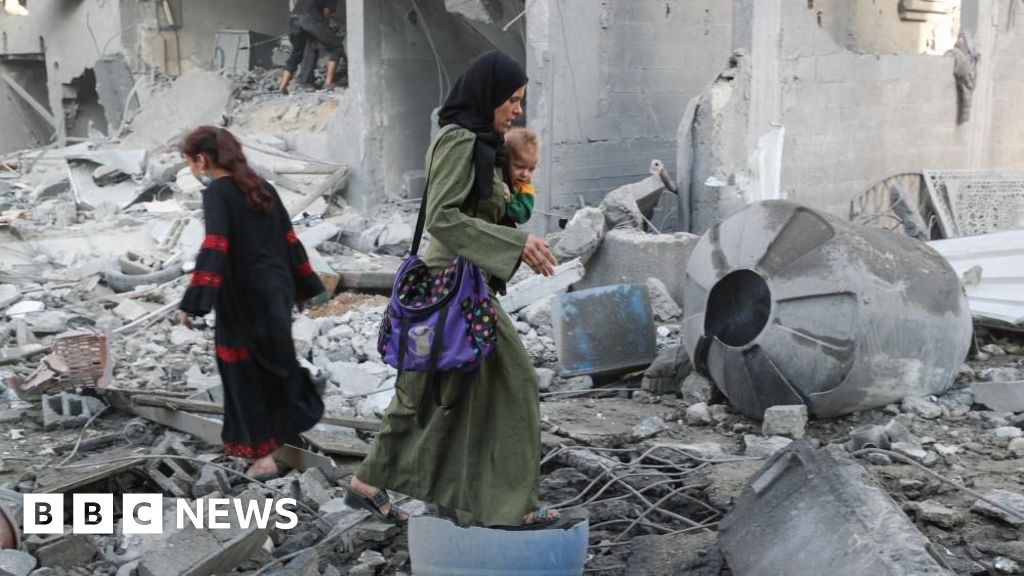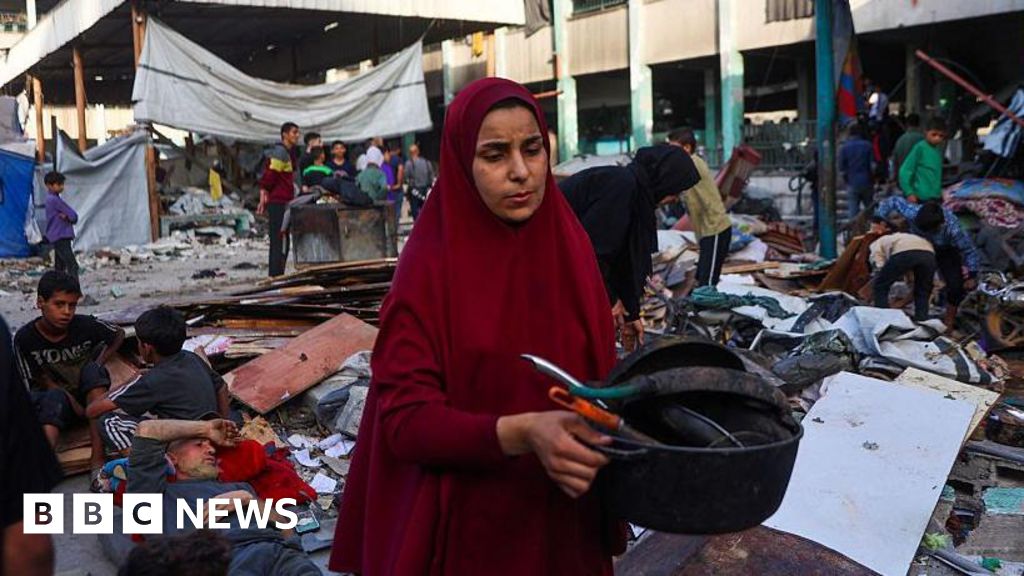Hamas Rejects US Demands in Gaza Ceasefire Talks, Stalling Deal

Negotiations for a ceasefire in Gaza have hit a significant snag as Hamas has reportedly rejected key aspects of a proposed deal, prompting strong criticism from the US envoy. The impasse centers around Hamas's demands for amendments to the initial proposal, which the US has deemed “unacceptable.”
According to a Hamas official, speaking under the condition of anonymity due to the delicate nature of the ongoing discussions, the proposed amendments revolve around four critical areas: robust US guarantees, a clear timeline for the release of hostages held by Hamas, the efficient and unimpeded delivery of humanitarian aid to the besieged Gaza Strip, and a phased withdrawal of Israeli forces from the territory.
The official emphasized that these amendments are crucial for achieving a sustainable and lasting ceasefire. Hamas is seeking assurances that the United States, a key ally of Israel, will actively enforce the terms of any agreement and prevent future violations. They argue that without such guarantees, the ceasefire will be fragile and short-lived.
The timeline for hostage release remains a major sticking point. Hamas insists on a more accelerated schedule than what was initially proposed, linking it directly to the withdrawal of Israeli troops. This position reflects the group’s desire to ensure the safety and well-being of the hostages while minimizing potential risks during the withdrawal process.
Aid delivery is another area of contention. Hamas is demanding guarantees that aid will reach all areas of Gaza, including those most affected by the conflict, without obstruction or interference. They have repeatedly voiced concerns about aid being diverted or insufficient to meet the overwhelming humanitarian needs of the population.
Finally, the withdrawal of Israeli forces is a central demand. Hamas is seeking a phased withdrawal, contingent on the implementation of other ceasefire terms, including the release of Palestinian prisoners held in Israeli jails. This reflects a broader strategic objective of ending the occupation and achieving a more permanent resolution to the conflict.
The US envoy’s rejection of Hamas's amendments has further complicated the already tense negotiations. The envoy’s strong language suggests a widening gap between the two sides and raises concerns about the prospects of reaching a deal in the near future. Diplomatic efforts are continuing, but the path to a ceasefire remains fraught with challenges. The international community watches anxiously as the situation unfolds, hoping for a swift resolution to the crisis and an end to the suffering of civilians on both sides.
Experts warn that the failure to reach a ceasefire could lead to a further escalation of the conflict, with potentially devastating consequences for the region. The ongoing violence is fueling instability and exacerbating humanitarian concerns, making a negotiated settlement more urgent than ever.






